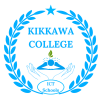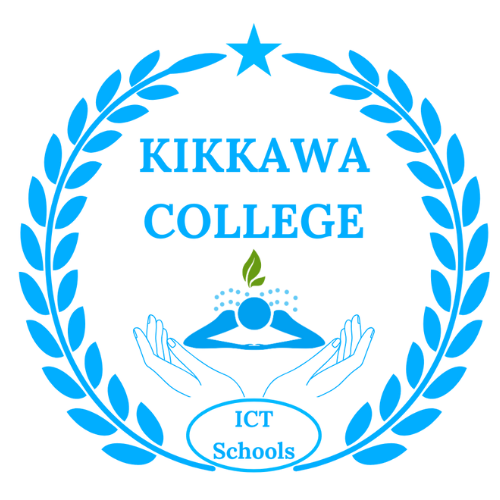Mastering Electronic Health Records – EHR Training for Clinics
In today’s healthcare landscape, Electronic Health Records (EHRs) are essential tools. They ensure the secure, accurate, and efficient management of patient information. For Medical Office Administrators (MOAs), mastering EHR systems is no longer optional—it’s a core part of the job.
What Are Electronic Health Records?
EHRs are digital versions of a patient’s paper chart. They provide:
- Comprehensive medical histories
- Lab results and diagnostic imaging
- Medication lists and allergies
- Treatment plans and progress notes
Because they’re accessible in real-time and can be shared across departments, EHRs streamline healthcare delivery and improve patient outcomes.
Why MOAs Need EHR Skills
MOAs are often the gatekeepers of medical data. Their responsibilities include:
- Inputting patient information accurately
- Scheduling based on clinical needs
- Updating records after appointments
- Ensuring privacy and regulatory compliance
Errors in EHRs can lead to misdiagnoses or insurance claim denials, so precision and attention to detail are very critical.
Popular EHR Systems in Canada
Some commonly used systems in clinics and hospitals include:
- Telus Health EMR https://www.telus.com/en/health/organizations/health-authorities-and-hospitals/clinical-solutions/ehr
- Oscar EMR
- Accuro EMR
Each has different functions, but all require MOAs to be proficient in navigation, data entry, and workflow management.
Get EHR-Ready at ICT Schools
The Medical Office Administration Diploma at ICT Schools includes hands-on EHR training, giving students direct experience with real software used in today’s healthcare environments. In addition to theory, students learn how to handle medical records securely, ethically, and efficiently. By graduation, you’ll be confident navigating any EHR platform.






